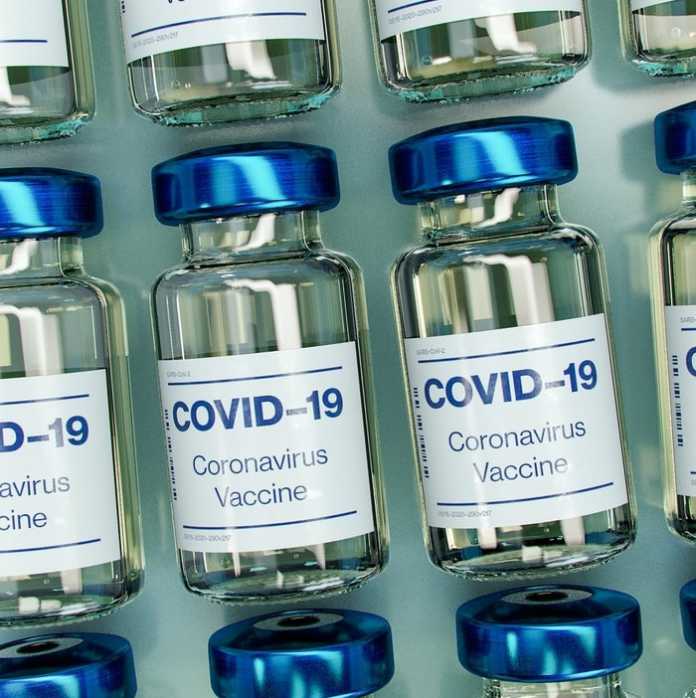Young women are much less likely to accept a COVID-19 vaccine than other demographics, new research has revealed.
The study carried out by NUI Galway with University of Huddersfield asked 1,000 people in Ireland and Britain about their attitudes towards COVID vaccination programmes.
It found that 75% of those who participated in the survey intend to get a COVID vaccine, while 11% said they would not and 14% said they were unsure.
Women and younger people were significantly less likely to report intention to get vaccinated, with women aged under 30 were significantly less likely to say they would accept a vaccine.
Fewer than 70% of women under 30 gave a positive response and 20% had high levels of uncertainty.
Dr Jane Walsh, Senior Lecturer in Psychology at NUI Galway, said that understanding vaccine hesitancy is key to addressing public concerns, promoting confidence and increasing vaccine uptake.
“It is possible that one of the reasons behind young women’s reluctance to signal an intention to get a Covid-19 vaccine is related to issues around fertility and this warrants further investigation,” said Dr Walsh.
The survey revealed that peer influences are strongly associated with young women’s intentions on vaccination.
Dr Walsh said that his influence was particularly strong in the ‘no’ and ‘unsure’ group.
“These findings suggest that messages that are channelled through relevant social influencers may have a significant impact on vaccine uptake.
“It is also concerning that those who vote ‘no’ to the vaccine have a lower sense of civic responsibility. But what is clear, in general, is that there is still a high level of uncertainty around Covid-19 vaccination.”
Findings from the research are to be presented this month to the Behavioural Change Subgroup that advises NPHET.
To date, there have been almost 250,000 confirmed cases of the virus in Ireland while more than 1 million people have had a first dose of a COVID vaccine.
In the UK there have been more than 4.4 million confirmed cases and more than 34 million people have had a first dose of a vaccine.
The research team cautioned that positive attitudes towards vaccination are far less likely to be driven by fear messaging but rather by developing a stronger message of trust in the government and authorities.
The study also found that people were more likely to signal intention to get a vaccine if they had a higher trust in authorities; high satisfaction with government response to the pandemic; and if they were more likely to adhere to public health guidelines in general.












